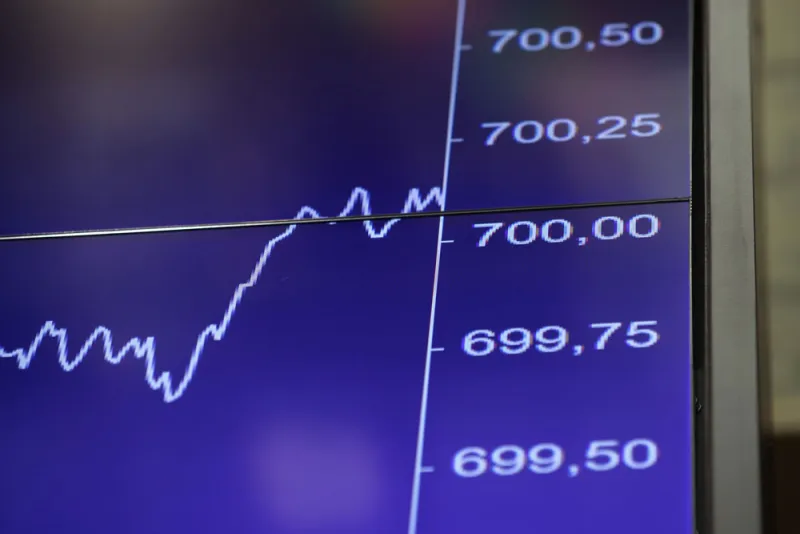The value of private equity transactions in the first quarter doubled from the same period last year — before the worst of the impact of Covid-19 — and reached levels last seen before the global financial crisis, according to a report published Thursday by Ernst & Young. The value of global deals hit $261 billion in the first quarter.
The value of transactions in the Asia Pacific region increased by 172 percent, even though the absolute number of deals was essentially flat year over year. Technology companies have been at the center of many transactions. Tech represented 26 percent of global deals and 34 percent in the U.S. over the past 12 months, according to EY.
As the pandemic weakens and the economy strengthens, at least in the U.S. and Asia, investors have been better able to value companies and position them for an expected bounce in the economy, according to Pete Witte, global private equity lead analyst at EY.
“When we came back into the office on January 4th at 9 o’clock, the phones were ringing off the hook. It was unlike anything we had ever seen,” said Witte, in an interview.
“A lot of deals got put off last year — maybe they weren’t able to get financing in place, or get past initial discussions. But those deals are now working their way through the pipeline.”
Ernst & Young expects the value of deals to appreciate, in percentage terms, even more dramatically during the second quarter.
[II Deep Dive: Regulators Ramp Up Scrutiny of SPACs]
Even though the flood of new Special Purpose Acquisition Companies has slowed, Witte said SPACs are transforming the private equity market.
For one, about 10 to 15 percent of SPACs are sponsored by private equity firms themselves. Investors are concerned about the potential conflicts of interest between the SPACs and private equity funds themselves. PE-backed SPACs raised $25 billion in the last 12 months. GPs are experimenting with ways to share the economics of SPACs with LPs. Witte said one private equity firm, for example, put its SPAC into the main fund, and treated it like a portfolio company so LPs could benefit.
Other economic-sharing models will emerge with time and PE firms will have to be fully transparent with investors about the potential conflicts and how they deal with them.
The amount of money raised by SPACs is creating a frenzy of competition for deals and inflating the price tags. Witte estimated that even if no other SPAC comes to market, these vehicles potentially could make investments valued at $700 billion to $800 billion this year. His estimates are based on what has been raised to date by blank check companies. At the same time, private equity has the power to do $500 billion in deals on a year, on average.
“There’s a big overhang of capital coming in from a new source, and it’s going to be challenging for private equity firms and SPACs to find attractive assets and pay the right price,” he said.







